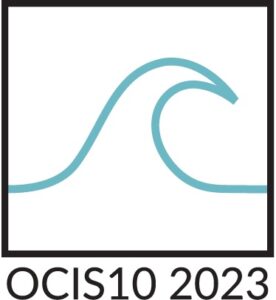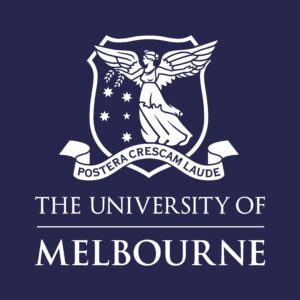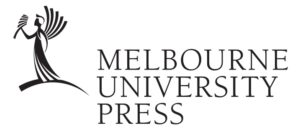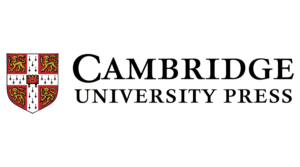

The University of Melbourne is a global leader in higher education. Across our campuses we convene brilliant minds from different disciplines and sectors to come together to address important questions and tackle grand challenges. In a disrupted world, that capacity has never been more important.
Our vision is to equip our students with a distinctive, future-facing education personalised around their ambitions and needs, enriched by global perspectives and embedded in a richly collaborative research culture. As active citizens and future leaders, our students represent our greatest contribution to the world, and are at the heart of everything we do.
We serve society by engaging with our communities and ensuring education and research are inspired from the outset by need and for the benefit of society, while remaining committed to allowing academic freedom to flourish. In this, we remain true to our purpose and fulfil our mission as a public-spirited organisation, dedicated to the principles of fairness, equality and excellence in everything we do.
We strive for an environment that is inclusive and celebrates diversity.
Beyond our campuses we imagine an Australia that is ambitious, forward thinking and increasing its reputation and influence globally. We are committed to playing a part in achieving this – building on our advantageous location in one of the world’s most exciting cities and across the state of Victoria, in a region rapidly becoming a hub for innovative education, research and collaboration.
More information about the University can be found here.



The School of Social and Political Sciences, one of the University of Melbourne’s several diverse schools, is the centre of International Relations scholarship at the university. The Schools’ Discipline of Politics is one of the largest in Australia and is home to the Bachelor of Arts in Politics and International Studies, as well as the cross-Faculty Master of International Relations which represents one of the largest degree programs of its kind in the southern hemisphere.
More information about the School of Social and Political Sciences can be found here.
The Organising Committee is also grateful to acknowledge the valuable contributions of the University of Melbourne’s Asia Institute and Melbourne Centre for Cities towards the realisation of OCIS 2023.
More information about the Asia Institute can be found here.
More information about the Melbourne Centre for Cities can be found here.




